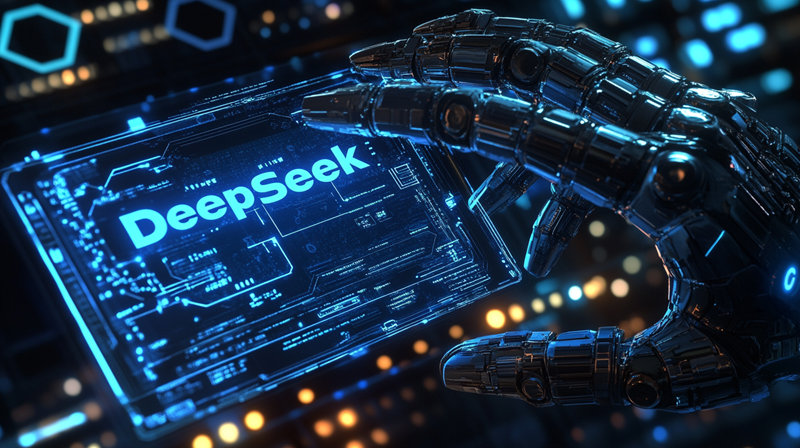Recently, the work "Théâtre D'opéra Spatial" created by synthetic media artist Jason Allen using the AI tool Midjourney has sparked extensive discussions and controversies.
This piece won an award in a state art competition, but it was followed by the copyright office's refusal to register the copyright of his work. The copyright office believes that the work is almost entirely generated by AI and thus lacks sufficient human creative elements to meet the requirements for copyright registration.

Facing this outcome, Allen did not give up. He decided to appeal to the court, requesting a judicial review of the copyright office's decision. He believes that the copyright examiner was influenced by negative media reports and made a biased judgment. He mentioned that the examiner considered factors that should not affect the decision-making process, such as public reaction, in judging the creation of the work.
Allen argues that the examiner did not fully recognize how he used the Midjourney tool, but rather viewed AI as an independent creative entity. He emphasizes that he spent over 100 hours in the process, continuously modifying prompt words to create the specific images he envisioned. His creative process is akin to a photographer setting up a shot or a director conveying visual intentions, ultimately reflecting his unique artistic conception.
Furthermore, Allen criticizes the copyright office's requirement for artists to disclose the process of using AI tools, believing that this requirement is difficult to fairly enforce and could stifle artistic creation. He states that he will not easily share his prompt words, as it would be like exposing his creative secrets to outsiders.
In this debate about AI art creation, Allen hopes to win the appeal and further clarify the copyright issues of AI-generated artworks. Meanwhile, experts in copyright law point out that allowing copyright protection for AI-generated works could lead to new copyright disputes, potentially causing artists to get entangled in copyright issues.
Key Points:
🌟 Allen believes he has invested a significant amount of human creative elements in the work and thus should be granted copyright protection.
🤖 The copyright office believes that AI-generated works lack sufficient human creativity and therefore refuse to register.
📜 Allen's appeal may drive further discussions on the copyright law regarding AI art creation.









